AUTHOR JINI REDDY’S NEW BOOK EXPLORES THEMES OF ECO-SPIRITUALITY, IDENTITY AND BELONGING
by MITA MISTRY
THE Covid-19 pandemic causing a global shutdown hasn’t been able to stop creativity from flourishing and one new blossom that has sprung up is beautiful new book Wanderland – A Search for Magic in the Landscape.
The multi-layered second book from writer and author Jini Reddy is a journey through the magical British landscape, but also about the healing power of mysticism and an exploration of identity. At a time when people are locked up at home, the eco-spiritual memoir connects readers to the outdoors and triggers their imagination.
Eastern Eye caught up with Reddy to talk about her unique book, discovery, writing and inspirations.
How have you been coping with the Covid-19 lockdown?
I live in South West London, and I’m fortunate to have beautiful woods at the end of my street. I rise early and take a 7am walk, which is my medicine. The birdsong is glorious, like having nectar injected into your veins. For exercise, I go for bike rides. I ordinarily work from home, so it is not so different in that sense. I have my mother at home with me, and as she is in the vulnerable group, I’m no longer shopping and relying on deliveries. The most challenging thing for me right now is that I never expected to launch my new book Wanderland during a pandemic.
How did you feel when your first book Wild Times was published in 2016?
Initially, I was just anxious about how it would be received. But when it won an award (at the British Guild of Travel Writers Awards in 2017) I felt incredibly proud.
What led you towards writing your new book Wanderland – A Search for Magic in the Landscape?
I had been a travel writer for many years and craved a more spiritual dimension to my roaming. I had also long felt a sense of kinship and belonging in nature and wanted to go deeper still. People from indigenous cultures who I had occasionally met on my travels inspired me. The reciprocal relationship and communion with the forces of nature that they spoke of was also nourishing. And from the time I was a child, I was drawn to magic and mysticism. Plus one night, about five years ago, I was in the Pyrenees on a solo nature quest and had an uncanny experience out there. That, in part, sowed the seeds for the book.
Tell us about the book?
Wanderland is about my search for the magical and divine in the landscape in Britain. That set me off on a rather unorthodox trail. The book has been described as having an unusual eco-spiritual edge, and it blends memoir, nature and travel writing. It also touches on themes of identity and belonging. I was born in London, raised in Quebec (Canada), my parents are Indian and grew up in apartheid-era South Africa. I’ve often felt a sense of ‘otherness’, particularly in the countryside. The book straddles genres, but I think in these challenging times, it’s relevant as more of us are turning to nature for solace and connection, and we’re also in a more reflective mode, and asking bigger questions.
What was the biggest challenge of writing the book?
Dealing with the critic on my shoulder. I stressed a lot about how the book would be received, as it’s of a more esoteric nature. I was also conscious of wanting to write about such things in a way that would be relatable. And I had to keep pushing myself to be honest and vulnerable on the page. So far, I’ve been delighted by the way Wanderland has been received.
Who are you hoping connects with your book Wanderand?
Anyone and everyone. I imagine it would appeal most to those people who are curious, open-minded, interested in the wider world, and in travel, nature and spirituality.
Did you learn anything new while writing it?
This was my first narrative book, so I learned how to craft and sustain a narrative. I learned that speaking truthfully on the page can be powerful and liberating. Also, despite the tensions on this island, that there are many kind-hearted people who dwell in it. And my goodness, Britain has some of the most beautiful wild landscapes in the world.
What are key messages you hope people take away from the book?
That there is more to the world than meets the eye. One of the great joys for me was the unfolding of synchronicities, of feeling led and guided by the spirit of a place or landscape. That was exhilarating and wondrous. But for that door to open, we need to slow down, practise deep listening, tune into our intention and to trust.
This book looks at exploring the unknown. Is that something you have always been drawn to?
Yes, I was the child wanting to fly on a magic carpet and hoping for Narnia beyond the wardrobe. I’m curious about the unseen world as much as the physical, tangible one, and I’ve always loved exploring whether near or far.
What has been a memorable discovery in life?
That’s a big question. I’ve had the chance to visit some extraordinary places – the Skeleton Coast in Namibia, for instance, and the area up to the Angolan border. The sheer wildness and vastness, and otherworldliness of the landscape was incomparable. I felt the same way travelling in Pakistan’s North West Frontier province, en route to visit the indigenous Kalash people, who live hidden in remote valleys.
Tell us more about that…
It was hours and hours of rugged mountain landscapes, and not a soul. And then arriving in the village, I encountered a young woman named Gul and still remember her first words to me, after that long, long journey. ‘Welcome, sister, welcome.’ Followed by a hug. I’ve often felt a sense of exhilaration and deep gratitude on my travels.
What is your own favourite book?
I couldn’t possibly choose just one. I adore books and have many favourites. Last year, I read Richard Power’s extraordinary eco-novel The Overstory. It deservedly won the Pulitzer Prize for Fiction in 2019.
What inspires you?
Acts of kindness and forgiveness. People who are operating from their hearts and not their ego. And nature, of course.
Why should we pick up your new book?
Because right now, we all need a bit of magic in our lives, and Wanderland is all about my search for that very thing. Plus how many Asian, or in my case British-Asian-Canadian, women do you see writing books about nature and travel in this country? Very few is the answer. If we want to hear more diverse voices, in all genres, we need to support those who are doing their best to pave the way for others.
Why do you love being a writer?
I love the fun and freedom of the research part of it, and I love the meditative feeling of immersing myself in the world that I am creating on the page. When you are writing narrative non-fiction, you are still a storyteller.
Twitter: @Jini_Reddy





 Lunchbox is a powerful one-woman show that tackles themes of identity, race, bullying and belongingInstagram/ lubnakerr
Lunchbox is a powerful one-woman show that tackles themes of identity, race, bullying and belongingInstagram/ lubnakerr She says, ''do not assume you know what is going on in people’s lives behind closed doors''Instagram/ lubnakerr
She says, ''do not assume you know what is going on in people’s lives behind closed doors''Instagram/ lubnakerr








 He says "immigrants are the lifeblood of this country"Instagram/ itsmetawseef
He says "immigrants are the lifeblood of this country"Instagram/ itsmetawseef This book is, in a way, a love letter to how they raised meInstagram/ itsmetawseef
This book is, in a way, a love letter to how they raised meInstagram/ itsmetawseef
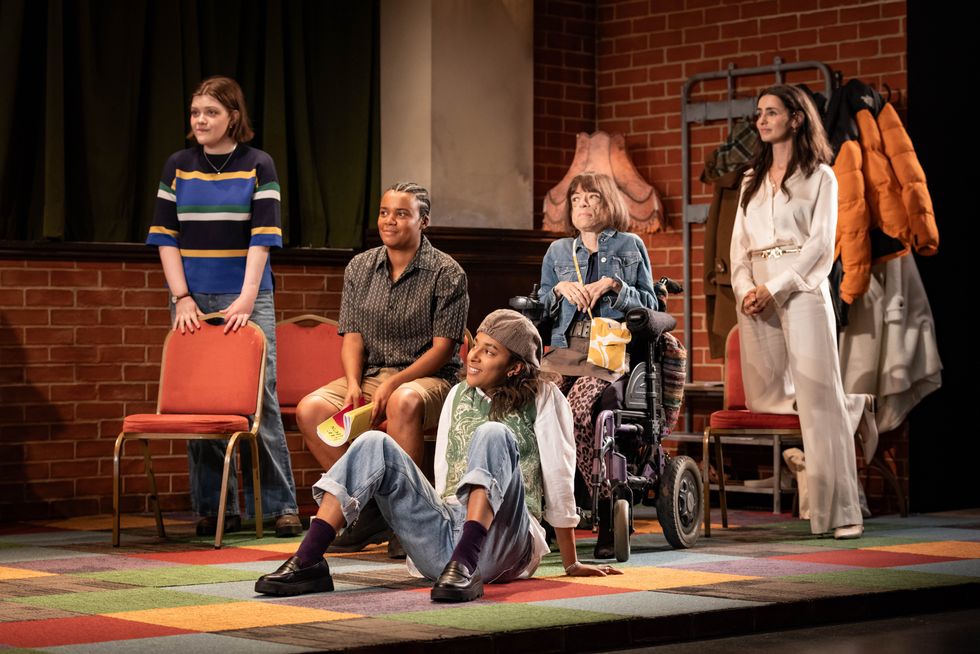 The crew of The Ministry of Lesbian Affairs
The crew of The Ministry of Lesbian Affairs
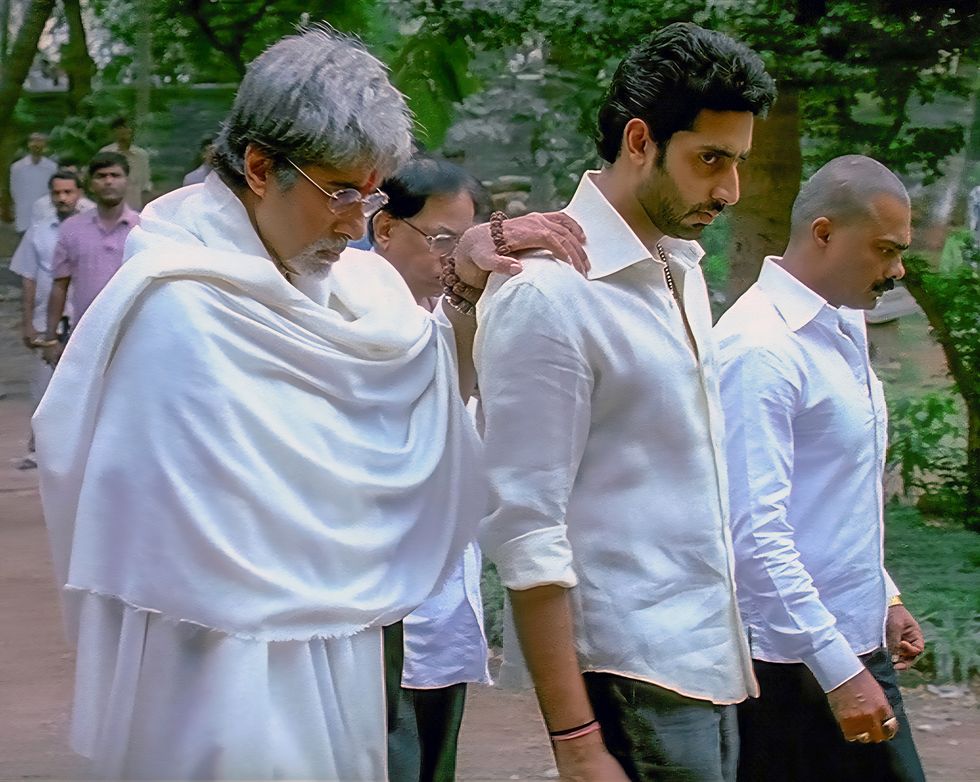 A still from Sarkar, inspired by 'The Godfather' and rooted in Indian politicsIndia Glitz
A still from Sarkar, inspired by 'The Godfather' and rooted in Indian politicsIndia Glitz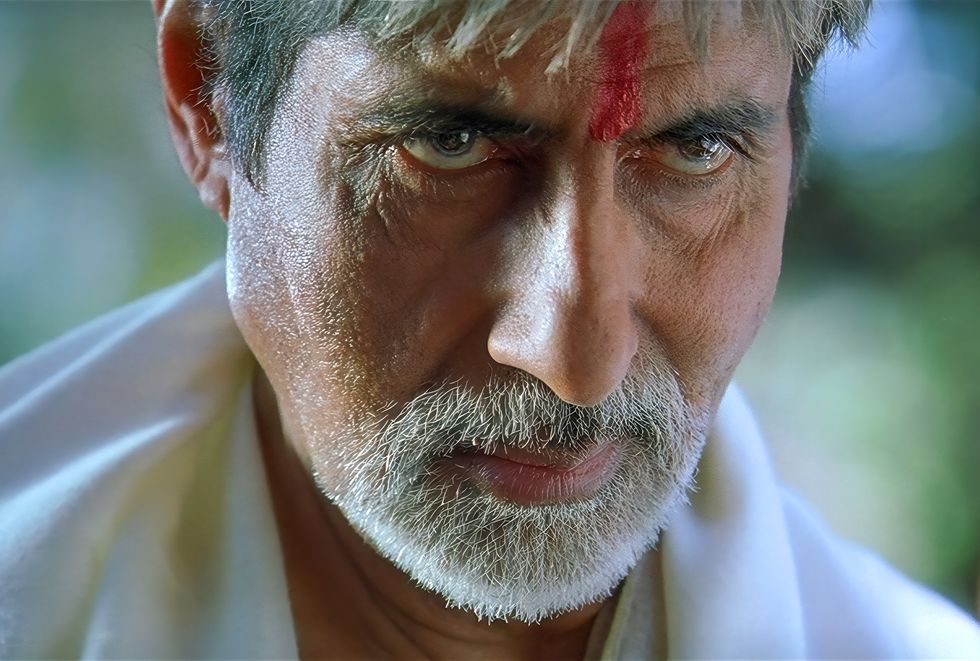 Sarkar became a landmark gangster film in Indian cinemaIndia Glitz
Sarkar became a landmark gangster film in Indian cinemaIndia Glitz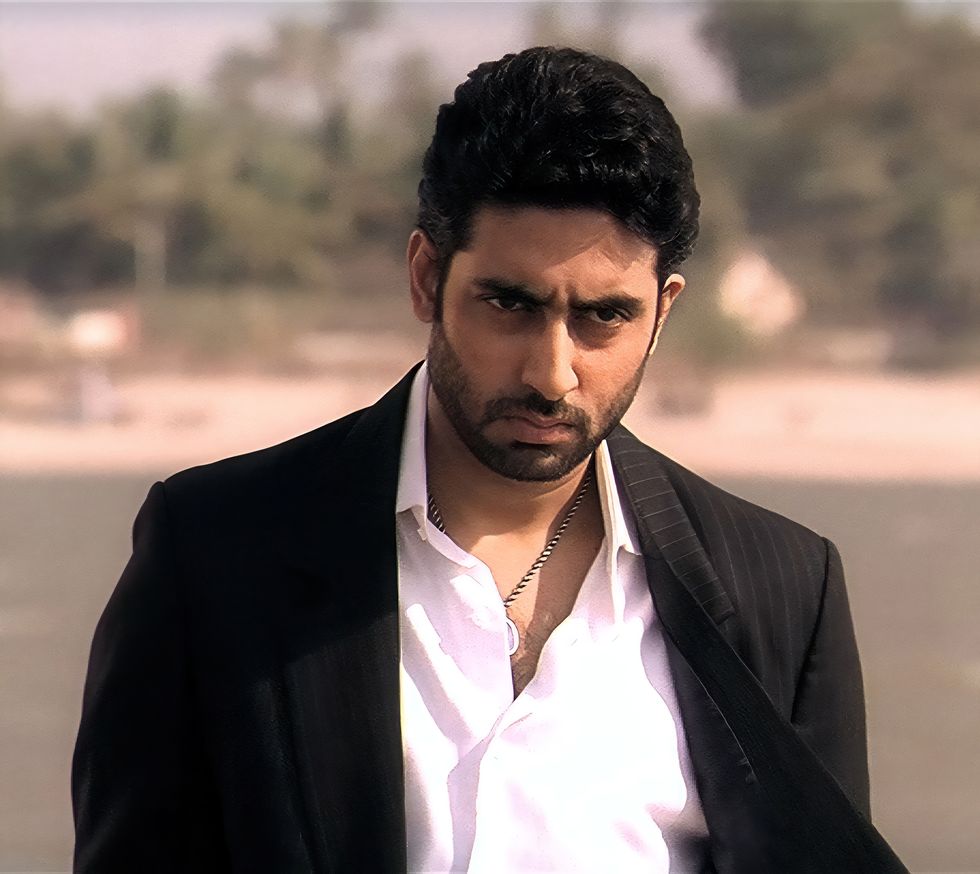 The film introduced a uniquely Indian take on the mafia genreRotten Tomatoes
The film introduced a uniquely Indian take on the mafia genreRotten Tomatoes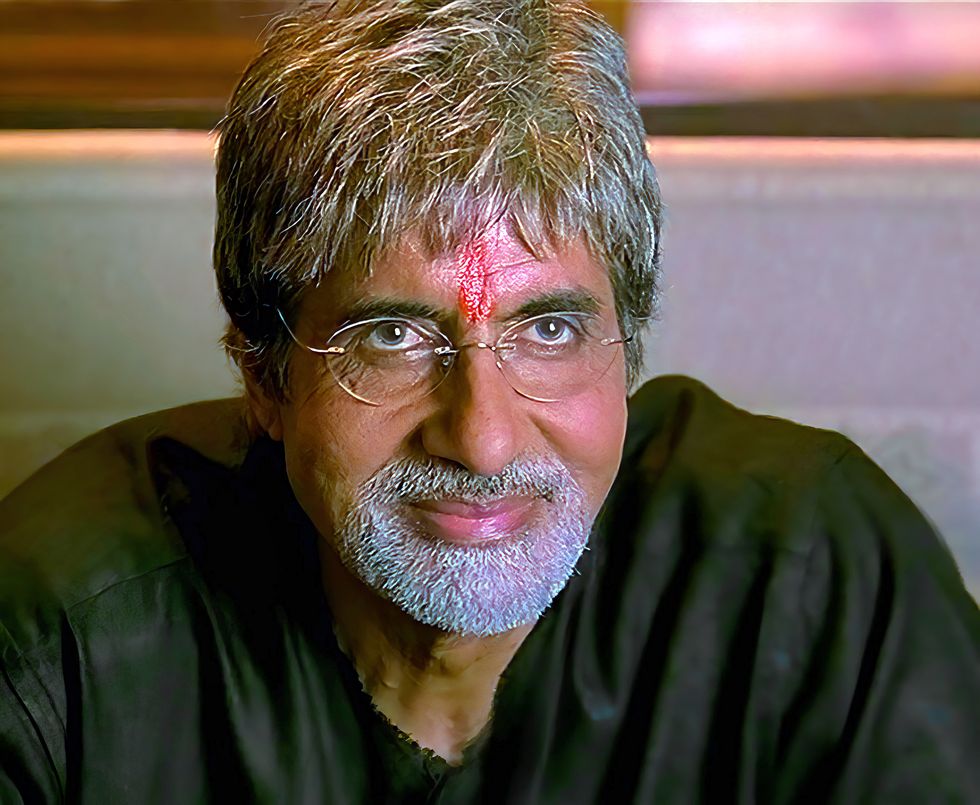 Set in Mumbai, Sarkar portrayed the dark world of parallel justiceRotten Tomatoes
Set in Mumbai, Sarkar portrayed the dark world of parallel justiceRotten Tomatoes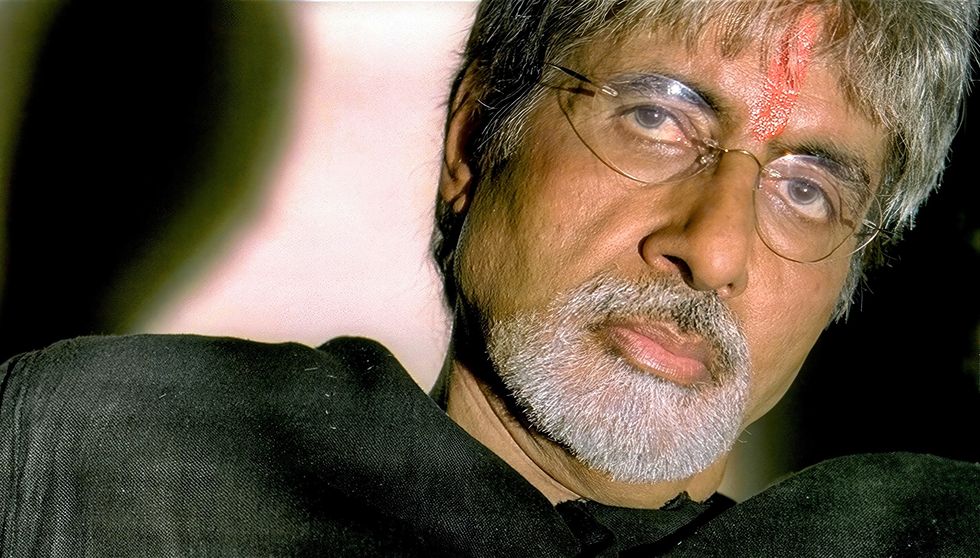 Ram Gopal Varma’s Sarkar marked 20 years of influence and acclaimIMDb
Ram Gopal Varma’s Sarkar marked 20 years of influence and acclaimIMDb
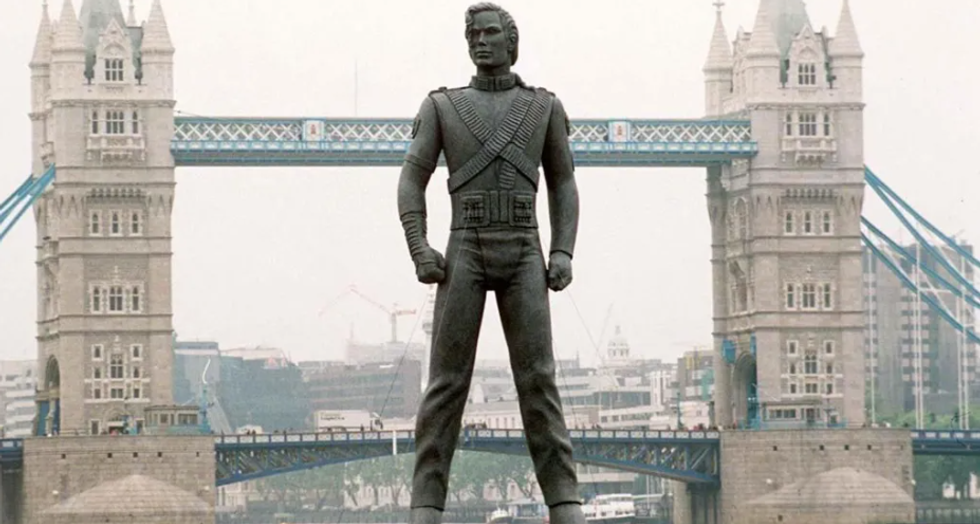 The statues were the product of a transatlantic effortGetty Iamges
The statues were the product of a transatlantic effortGetty Iamges